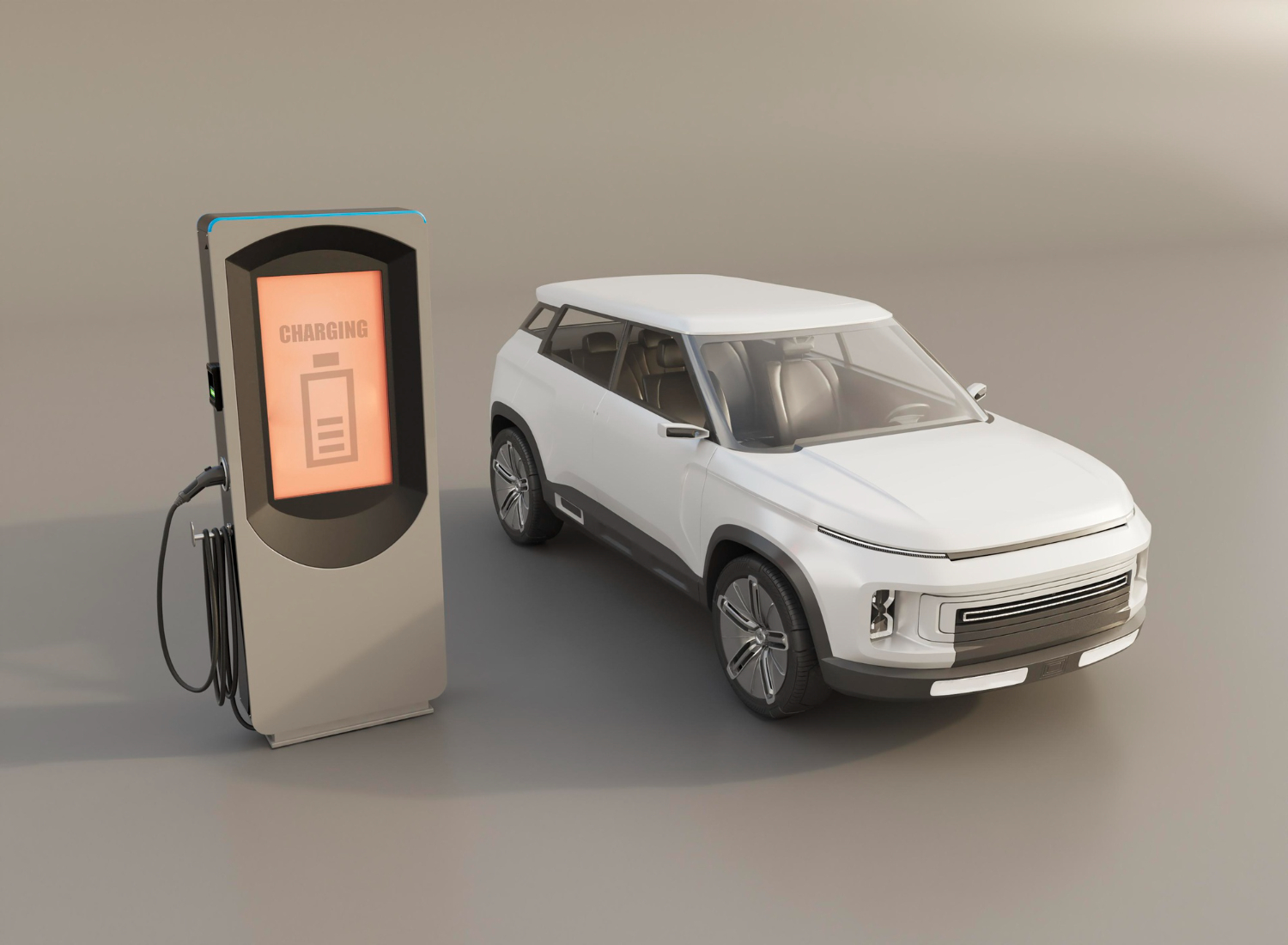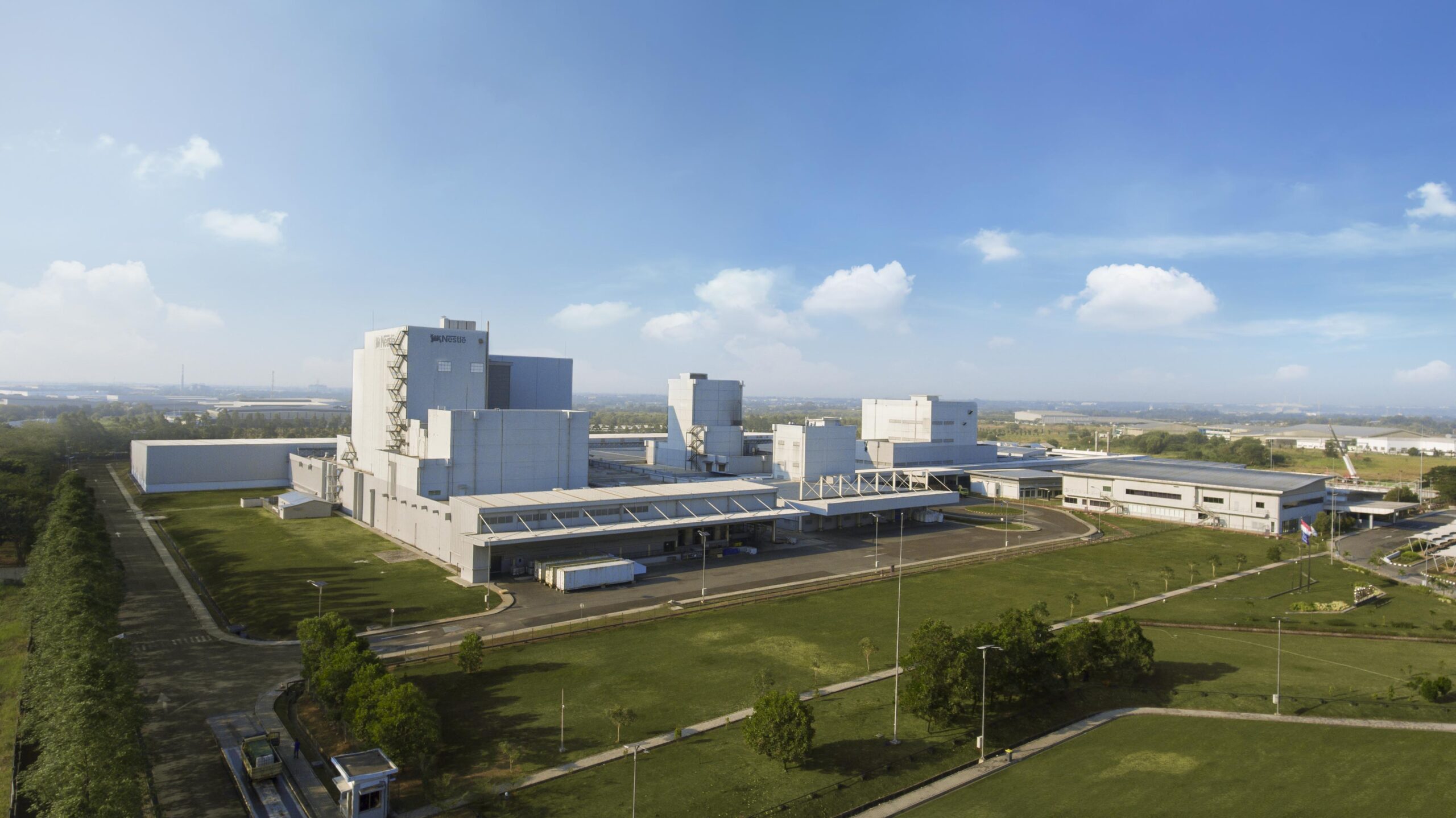As we approach 2024, Indonesia’s automotive industry stands at the cusp of significant transformation. This article explores the key trends in the automotive industry that are poised to shape the sector, driven by advancements in technology, shifts in consumer preferences, and stringent environmental regulations.
From the rapid adoption of electric vehicles to the integration of green technologies and evolving government policies, we delve into how these factors are collectively steering the future of automotive manufacturing and sales in Indonesia. As we delve deeper into the intricacies of Indonesia’s automotive landscape, let’s explore the key trends shaping the industry’s trajectory in 2024.
A Closer Look at Indonesia’s Automotive Industry Dynamics
Indonesia’s automotive industry has long been a cornerstone of the nation’s economy, contributing significantly to both manufacturing output and employment. As we enter 2024, the sector continues to hold a pivotal role, reflective of its historical importance and its potential for future growth. The industry not only serves as a major economic driver by attracting substantial foreign direct investment but also plays a crucial role in the socio-economic development of the country.
The current state of the automotive industry in Indonesia is marked by a vibrant mix of opportunities and challenges, influenced by ongoing trends in the automotive industry. On one hand, the market has witnessed steady growth in demand, driven by an expanding middle class with increasing purchasing power. On the other hand, the industry faces pressure from global economic fluctuations, changing consumer preferences, and the urgent need for adoption of technological advancements.
The importance of the automotive sector in Indonesia’s national economy cannot be overstated. It is intimately linked to numerous other industries such as steel, chemical, and various service industries, creating a vast ecosystem of suppliers and ancillary industries. Moreover, as the world moves towards more sustainable and innovative mobility solutions, Indonesia is strategically positioning itself to not only continue its legacy as a major player in the automotive market but also to lead in the adoption and production of electric vehicles (EVs) and other green technologies.
This forward-looking approach promises to further cement the sector’s role as a key pillar of national economic stability, and growth, aligning with the latest trends in the automotive industry.
How Automation Is Changing the Game in the Automotive Manufacturing Industry!
The Electric Revolution: Indonesia’s Shift to EVs
As Indonesia gears up for a transformative shift towards electric mobility, significant statistics and projections underscore the burgeoning adoption of electric vehicles (EVs) by 2024. Projections indicate a remarkable surge, with the target for electric vehicle sales in 2024 being 50,000 units, which is a significant increase from the 17,000 units sold in 2023, highlighting emerging trends in the automotive industry.
Driving this momentum are robust government incentives and policies tailored to propel the EV market forward. These initiatives include tax breaks, subsidies, and strategic infrastructure development aimed at incentivizing the production, purchase, and utilization of EVs. Such measures not only stimulate consumer demand but also foster a conducive environment for industry players to invest and innovate within the evolving trends of the automotive industry.
However, amidst the promising trajectory lie challenges that demand attention. Limited charging infrastructure poses a significant hurdle, requiring substantial investment and strategic planning to overcome. Additionally, battery technology constraints and consumer apprehension regarding range and affordability remain critical barriers to widespread EV adoption.
Nevertheless, the rise of EVs presents a plethora of opportunities for stakeholders across the automotive spectrum. From investment avenues in infrastructure development to technological innovations in battery efficiency and sustainability, the EV sector offers avenues for growth, innovation, and environmental stewardship in Indonesia’s automotive industry trends.
The Road to Sustainability: An In-depth Look at Electric Vehicle Production
Tech Advances in Indonesia’s Automotive Industry
In the dynamic landscape of Indonesia’s automotive industry, technological innovations are shaping trends in the automotive industry, including autonomous driving and AI integration, which are propelling Indonesia’s automotive industry into a new era of innovation and efficiency. Key developments in this space include:
- Autonomous Driving: Experts foresee a deliberate move towards higher autonomy levels (L4/L5), with companies like Apple making strides. This promises to boost productivity, tapping into the 600 billion hours spent in vehicles annually.
- Connectivity: Advanced tech enables real-time communication between vehicles and smart city infrastructure. Vehicle-to-everything (V2X) tech allows vehicles to interact with traffic signals, enhancing road safety and efficiency.
- Vehicle Architectures: Cars are shifting to software-defined designs, with centralized architectures and high-performance processors. This enables features like wireless updates and improved security.
- Customization: Tech integration offers personalized experiences, align with digital lifestyles. Over-the-air updates provide benefits like performance tuning without dealership visits.
With the advancement of technology, collaboration between tech companies and automotive manufacturers becomes crucial to accelerate innovation and drive industry progress. Partnerships leverage the expertise of both sectors, fostering synergies that result in innovative advancements. Whether through joint research initiatives, cross-industry collaborations, or strategic alliances, these partnerships fuel the development of cutting-edge technologies and solutions, propelling Indonesia’s automotive industry toward the future.
How Indonesia is Steering Towards Cleaner Automotive Solutions?
Amidst growing concerns about environmental impact, sustainability takes center stage in Indonesia’s automotive industry, influenced by various factors:
1. Government Regulations
Indonesia has taken decisive steps through its Enhanced Nationally Determined Contributions (NDC). This new commitment aligns the country with global aspirations outlined in the Paris Agreement. In 2022, Indonesia strengthened its climate targets, increasing emissions reduction from the initial target of 29% to 31.89% unconditionally.
With international support, this ambition has increased from 41% to 43.20%, reflecting significant trends in the automotive industry towards sustainability.
2. Green Technologies
Green technologies offer a sustainable solution for manufacturers, driving remarkable growth in electric vehicle (EV) sales globally. This technology is prioritizing sustainability in the automotive industry and can significantly cut CO2 emissions and promote cleaner transportation. The adoption of such technologies is a clear indicator of evolving trends in the automotive industry, particularly in response to environmental concerns.
3. Consumer Trends
Shifting consumer preferences toward more environmentally friendly vehicles further shapes industry dynamics. Increased awareness of environmental issues drives demand for fuel-efficient, low-emission vehicles, prompting manufacturers to prioritize eco-friendly innovations.
Subang Smartpolitan, The Future Hub of Automotive Excellence
As we look toward the future of manufacturing, the rise of advanced automotive hubs plays a pivotal role in shaping industrial landscapes. Among these transformative developments, influenced by trends in the automotive industry, is the establishment of Subang Smartpolitan.
This initiative is set to enhance Indonesia’s production capabilities and establish a benchmark for innovation and advanced manufacturing practices in Southeast Asia. The integration of state-of-the-art facilities and the fostering of strategic collaborations and partnerships within the Smartpolitan area are poised to catalyze significant technological advancements and knowledge transfer.
As these efforts unfold, Subang Smartpolitan is set to become a cornerstone of Indonesia’s industrial future, driving economic growth and reinforcing its position on the global automotive stage. This forward-thinking initiative underscores a commitment to embracing technological evolution and marks a promising new chapter in the nation’s industrial development.
We invite industry leaders, innovators, and technologists to collaborate with us at Subang Smartpolitan, creating a vibrant area dedicated to fostering innovation and facilitating technology transfer.
Investing Near Patimban Port: Opportunities at One of the Largest Ports in Indonesia
The Role of Patimban Port in Transforming Indonesia’s Logistics Business Landscape



